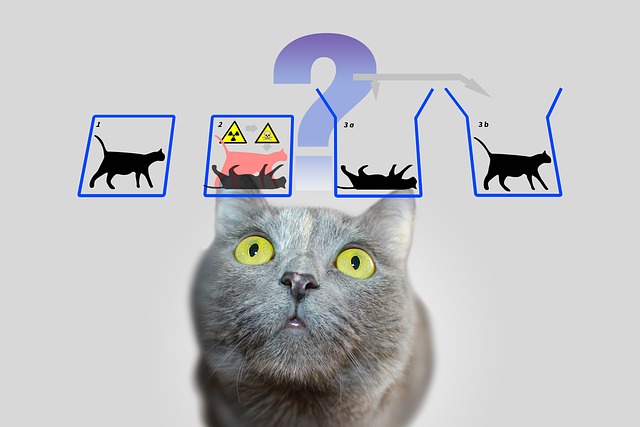Contradiction: Direct conflict between statements. Paradox: Seemingly contradictory but may reveal truth in unexpected ways.
TL;DR Contradiction Vs. Paradox
Contradictions involve a direct conflict between two statements or ideas that cannot coexist, leading to a logical inconsistency. Paradoxes, on the other hand, are seemingly contradictory situations that reveal a deeper truth or create an intellectual puzzle.
What is a contradiction?
A contradiction refers to a situation where two or more statements, ideas, or facts are in direct opposition to each other, rendering them mutually exclusive and impossible to coexist simultaneously.
Contradictions highlight inconsistencies, revealing logical or factual conflicts that challenge the validity of the information presented.
They are fundamental in identifying errors in reasoning or understanding, and they prompt the need for clarification, revision, or deeper analysis to resolve the conflict and establish a coherent and accurate perspective.
What is a paradox?

A paradox is a statement, situation, or concept that appears self-contradictory or counterintuitive on the surface, yet often reveals an underlying truth or complexity upon closer examination.
Paradoxes challenge conventional wisdom, inviting individuals to think beyond traditional boundaries and consider alternative perspectives. They provoke thought by presenting apparent contradictions that prompt deeper exploration, leading to insights that may reshape understanding or provoke new questions.
Paradoxes are tools that encourage critical thinking, prompting individuals to reconcile opposing ideas and uncover deeper layers of meaning in a way that may seem contradictory but can ultimately expand knowledge and understanding.
Contradiction Vs. Paradox – Key differences
| Aspect | Contradiction | Paradox |
|---|---|---|
| Definition | Direct conflict between statements or ideas. | Seemingly contradictory but may hold deeper truth. |
| Nature | Incompatible and cannot coexist together. | Counterintuitive yet often reveals hidden insight. |
| Purpose | Highlights inconsistencies, errors, or falsehoods. | Prompts deeper thought and challenges assumptions. |
| Resolution | Resolved by identifying the error or falsehood. | Resolved by exploring underlying complexity. |
| Impact | Points to logical or factual conflicts. | Stimulates critical thinking and new perspectives. |
| Example | This statement is false. | The only constant is change. |
| Role in Thinking | Exposes flaws; requires correction. | Encourages exploration; expands understanding. |
Examples of contradictions and paradoxes
Contradictions
- “This statement is false.” (The famous liar paradox)
- “I always lie.”
- “I know that I know nothing.” (Socratic paradox)
- “Less is more.”
- “This sentence is a lie.”
Paradoxes
- Zeno’s Paradox: Achilles and the Tortoise – Achilles can never overtake the tortoise in a race.
- Fermi Paradox: The apparent contradiction between the high probability of extraterrestrial civilizations and the lack of evidence for, or contact with, such civilizations.
- Barber Paradox: In a village, a barber shaves all those, and only those, who do not shave themselves. Does the barber shave himself?
- Liar Paradox: “This statement is false.”
- The Bootstrap Paradox: A time traveler goes back in time and gives Shakespeare his own works, which Shakespeare then publishes as his own.
These examples demonstrate the concepts of contradictions and paradoxes, where contradictions present direct conflicts or falsehoods, while paradoxes challenge conventional understanding and often reveal unexpected insights.
Image Credits
Featured Image By – Gerd Altmann from Pixabay
Image 1 By – Gerd Altmann from Pixabay








